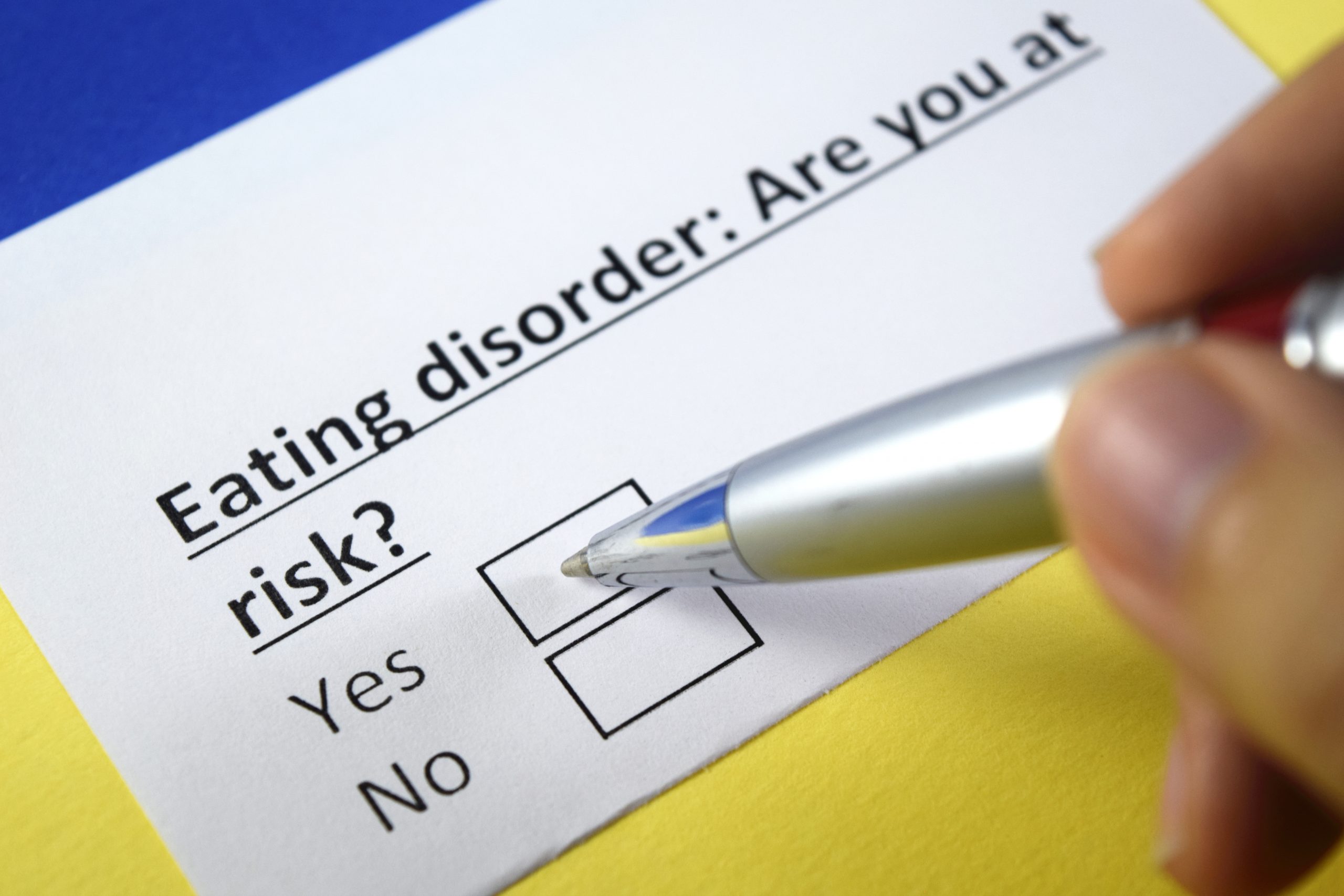February marks Eating Disorder Awareness Month, a time dedicated to raising awareness about the prevalence, severity, and impact of eating disorders. According to the National Eating Disorders Association (NEDA), approximately 30 million Americans will experience an eating disorder at some point in their lives. Yet, despite the prevalence, eating disorders often go unrecognized and untreated. Understanding the signs and symptoms is crucial for early intervention and support.
Recognizing Signs of Eating Disorders:
Eating disorders can occur in various ways, affecting individuals of all ages, genders, and backgrounds. While the specific symptoms may vary depending on the type of eating disorder, there are common signs to watch out for:
- Extreme Weight Changes: Rapid weight loss or gain without a medical cause can indicate an underlying issue.
- Obsession with Food, Calories, and Dieting: Constantly talking about food, meticulously counting calories, or following restrictive diets may signal disordered eating patterns.
- Distorted Body Image: Perceiving oneself as overweight or obsess despite being underweight or at a healthy weight is a common characteristic of eating disorders.
- Preoccupation with Body Shape and Size: Spending excessive time scrutinizing one’s body in front of the mirror or expressing dissatisfaction with specific body parts.
- Secretive Behavior Around Food: Hiding food, eating in isolation, or avoiding social situations involving food can be red flags.
- Changes in Eating Habits: Skipping meals, avoiding certain food groups, or engaging in binge eating episodes followed by purging behaviors.
- Physical Signs: Fatigue, dizziness, fainting, hair loss, and dental issues can result from malnutrition or purging behaviors.
- Emotional Distress: Mood swings, irritability, anxiety, or depression related to food, body image, or weight concerns.

Seeking Support and Treatment:
If you or someone you know is exhibiting signs of an eating disorder, it’s essential to seek professional help promptly. Here are some resources and avenues for support:
- Therapy and Counseling: Cognitive-based therapy (CBT), dialectical behavioral therapy (DBT), and interpersonal therapy (IPT) are effective treatments for eating disorders. A qualified therapist or counselor can provide support and guidance.
- Medical Evaluation: Consulting with a healthcare provider is crucial for assessing physical health, addressing medical complications, and developing a treatment plan.
- Support Groups: Joining support groups or online communities can offer peer support, validation, and encouragement throughout the recovery journey.
- Helplines and Hotlines: Organization like that National Eating Disorder Association (NEDA) offer confidential helplines staffed by trained professionals who can provide information, support, and referrals.
- Nutritional Guidance: Working with a registered dietician experienced in eating disorders can help establish balanced eating habits and improve nutritional health.
Eating disorders are complex mental health conditions that require comprehensive treatment and support. By recognizing the signs and symptoms early on, individuals can seek help and begin their journey toward recovery. During Eating Disorder Awareness Month and beyond, let’s continue to raise awareness, challenge stigma, and provide support to those affected by eating disorders.

